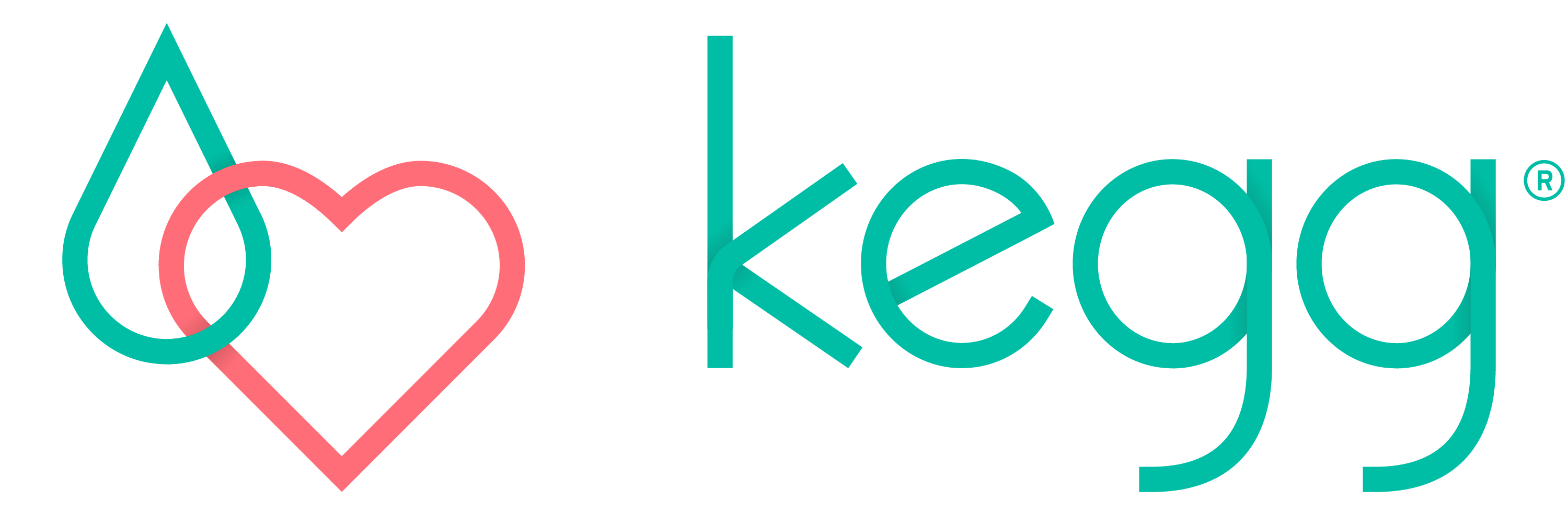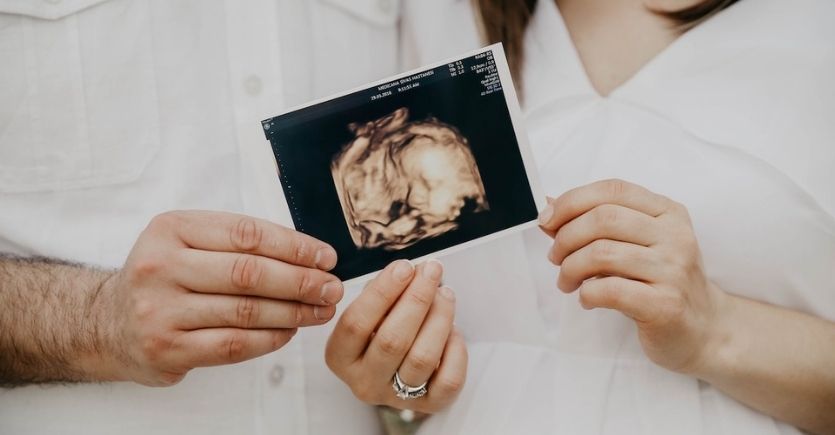Photo by Melike Benli via Pexels
PCOS impacts roughly 1 in 10 women in their childbearing years. While the presentation of PCOS can vary, many women with PCOS struggle with irregular cycles, making it very challenging to identify the full fertile window. In addition, women with PCOS commonly have multiple fertile windows and surges in hormones in one cycle.
Many women with PCOS are successful thanks to kegg as they are properly identifying their fertile window(s), which is very challenging to do with conventional tracking methods such as calendar-based methods and LH testing.
Many women with PCOS are successful thanks to kegg as they are properly identifying their fertile window(s), which is very challenging to do with conventional tracking methods such as calendar-based methods and LH testing.
A beautiful success story
kegg user Jessica* suffers from PCOS. She conceived her first baby after 3 long years with the help of fertility medicine. She hoped to avoid the use of fertility medications with her second as she felt confident that her greatest challenge was knowing when her fertile window was happening. OPKs (Ovulation Predictor Kits) yielded false positive results so she turned to kegg to help her identify her full fertile window. She began using kegg after her first cycle trying was unsuccessful. Jessica carefully watched her kegg data to spot her fertile valley. Knowing that her cycles were somewhat unpredictable with PCOS, she knew she would need to use the daily readings which reflect the real-time changes in her cervical fluid to confidently time her efforts. She watched her fertile valley unfold, starting on cycle day 14. She timed her efforts during this valley, but she determined that she did not successfully ovulate during this surge. She knew this meant she could potentially see another fertile valley later in the cycle as a result.

She continued to track her cycle with kegg and again recognized another descent in her kegg data starting on cycle day 25. She again began timing her trying to conceive efforts, as she knew that a descent in readings suggests the cervical fluid was becoming more hospitable to sperm and she was likely fertile. This time the valley was indeed successful for ovulation.
Jessica shares “Shortly after we tried that cycle, I had a doctor’s appointment where they told me I would most likely need the help of a Reproductive Endocrinologist to conceive again. However, to my utter shock, I took a test a few days later and I was pregnant! 3 years it took to conceive my first baby with fertility medication. I am beyond happy and excited for baby #2, conceived naturally with the help of kegg … in a matter of months. If it wasn’t for this amazing product I would’ve thought I ovulated sooner!”
We are so excited for you and are honored to be a part of your story!
Many women with PCOS have been successful in having babies thanks to kegg. The personalized insights from kegg can help ensure you are optimally timing your trying to conceive efforts, never missing an opportunity to conceive. PCOS is challenging but kegg may make the journey easier.
kegg is a fertility tracker that helps you confidently time your trying to conceive efforts. By detecting changes in the cervical fluid, kegg tells you when you are most fertile during your cycle.
Jessica shares “Shortly after we tried that cycle, I had a doctor’s appointment where they told me I would most likely need the help of a Reproductive Endocrinologist to conceive again. However, to my utter shock, I took a test a few days later and I was pregnant! 3 years it took to conceive my first baby with fertility medication. I am beyond happy and excited for baby #2, conceived naturally with the help of kegg … in a matter of months. If it wasn’t for this amazing product I would’ve thought I ovulated sooner!”
We are so excited for you and are honored to be a part of your story!
Many women with PCOS have been successful in having babies thanks to kegg. The personalized insights from kegg can help ensure you are optimally timing your trying to conceive efforts, never missing an opportunity to conceive. PCOS is challenging but kegg may make the journey easier.
kegg is a fertility tracker that helps you confidently time your trying to conceive efforts. By detecting changes in the cervical fluid, kegg tells you when you are most fertile during your cycle.
*Name changed for anonymity
**Please note: kegg has not been clinically tested in women with PCOS. kegg cannot be used to diagnose or treat any medical condition. Most women with PCOS who use kegg rely on watching their daily readings to spot their fertile valley, as the fertile window prediction will not be present in cycles over 40 days in length and may not be accurate if cycles are highly irregular.
**Please note: kegg has not been clinically tested in women with PCOS. kegg cannot be used to diagnose or treat any medical condition. Most women with PCOS who use kegg rely on watching their daily readings to spot their fertile valley, as the fertile window prediction will not be present in cycles over 40 days in length and may not be accurate if cycles are highly irregular.




